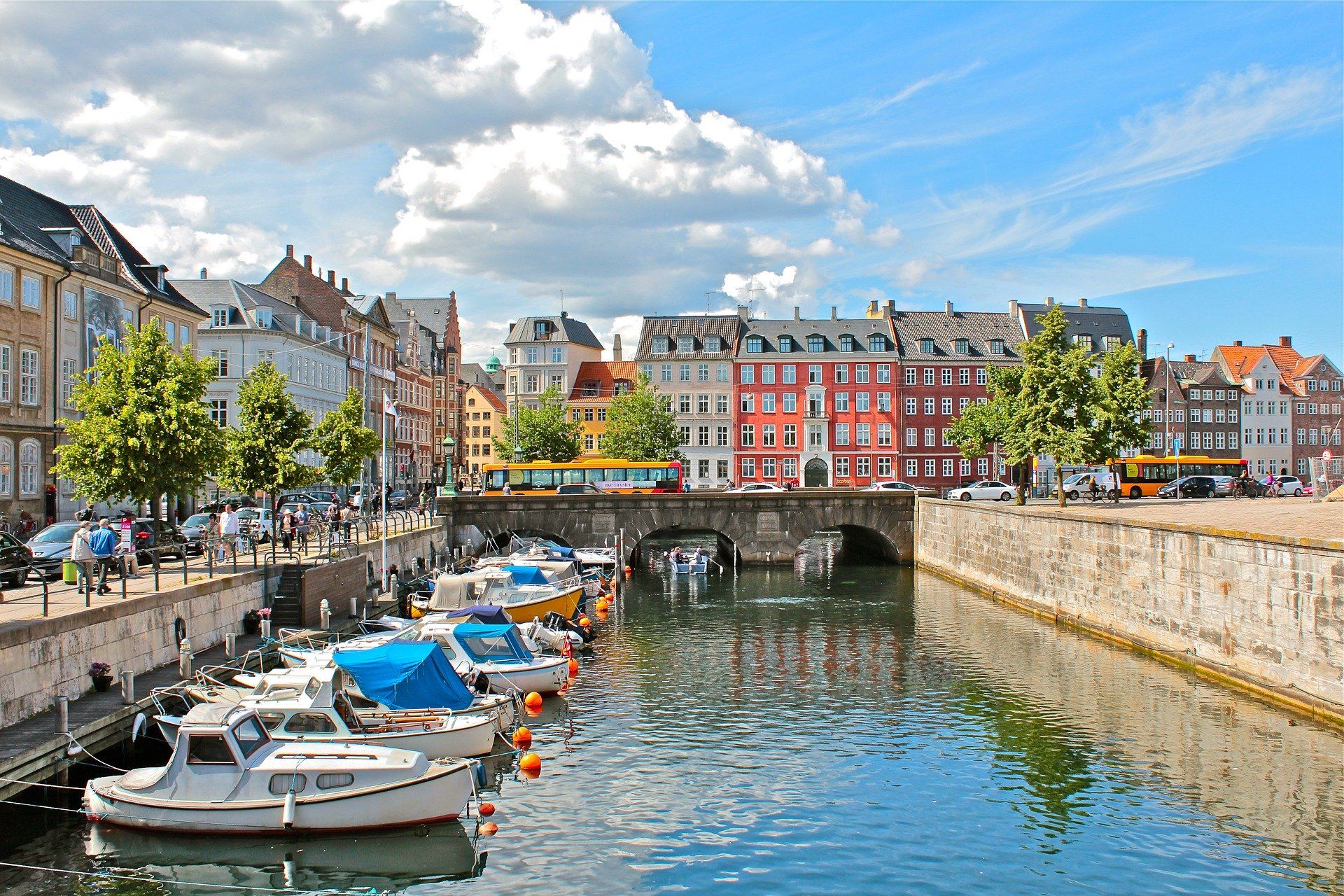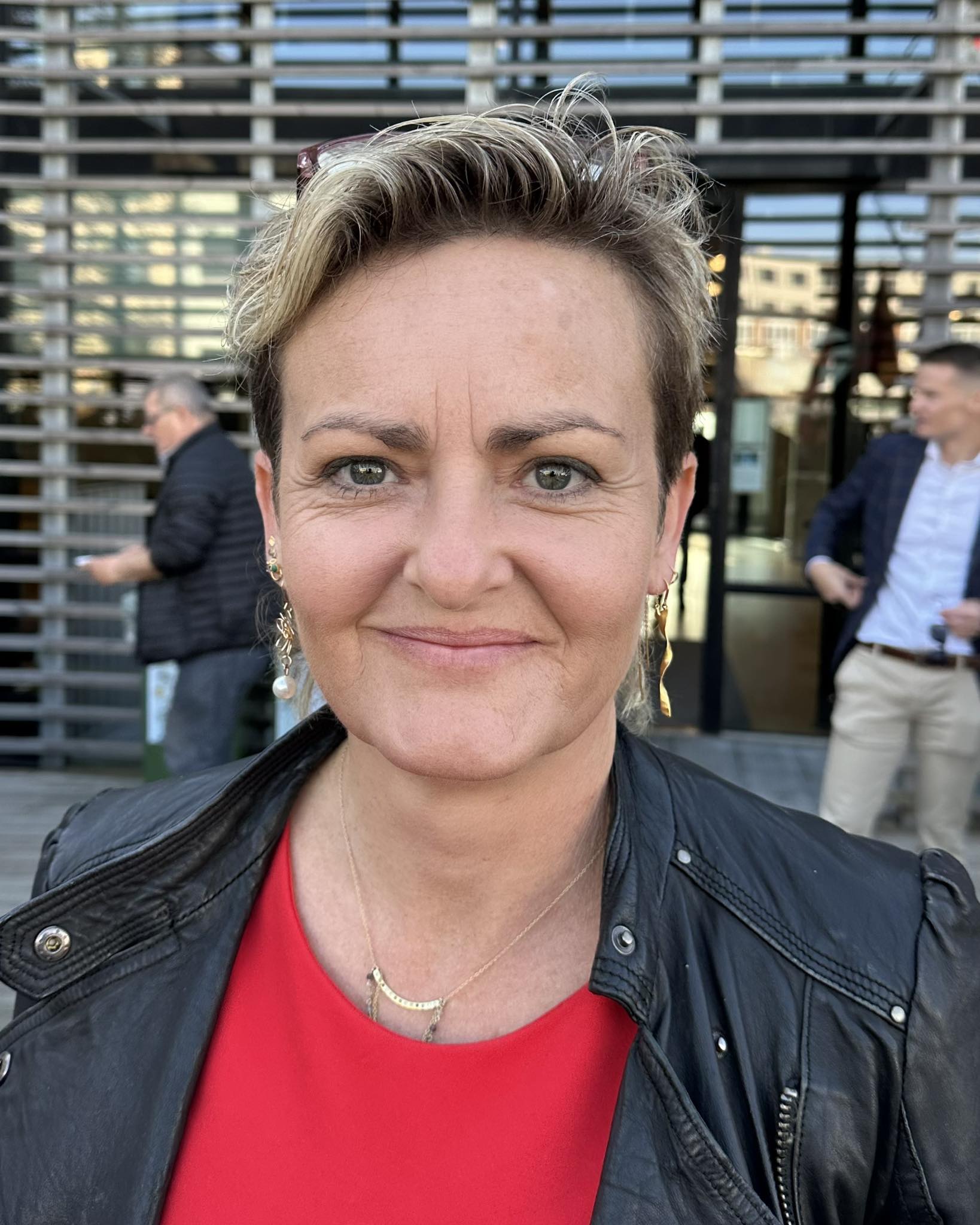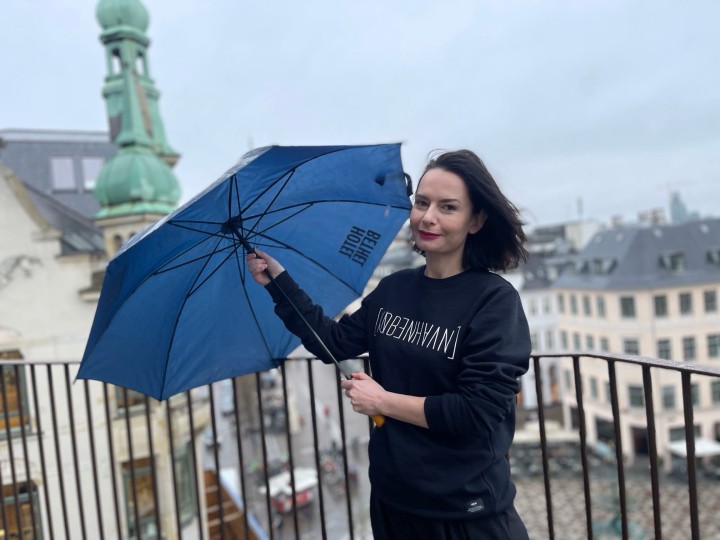A new poll conducted by YouGov for the Copenhagen Post reveals that 47 percent of Danes think foreigners who work and pay taxes in Denmark should have the right to vote in the general election, compared to just 35 percent against.
In total, 22 percent totally agreed, 25 partly agreed, 15 partly disagreed and 20 totally disagreed. Some 19 percent were undecided
Grumpy old men
The vote division shows men in general and the older generation are more sceptical.
In total, 50 percent of the women backed the proposal, and just 16 percent totally disagreed.
Some 27 percent of 50-59 year-olds answered they completely disagreed with the statement, while 30 percent of 18-29 year-olds completely agreed.
“You can tell by those numbers that the older generation’s view is a bit out-dated,” said Marcel Meijer, the Socialdemokraterne mayor of Samsø.
“They are trying to fight globalisation, whereas youngsters are more used to being able to move around different countries and therefore perhaps find it more natural.”
Follow the EU
Meijer has lived in Denmark for 23 years, but even as the mayor of Samsø he is unable to vote because his citizenship is Dutch.
He explained that he doesn’t necessarily think there is anything wrong with the system, but perhaps it could be updated in some way. In his opinion, it should be as it is with the EU election, where you cast your vote in the country you live in.
“I don’t really follow the politics in my home country the same way that I do here, so it would be an uneducated vote. I’d probably just vote for Socialdemokraterne because that is what I’d do if I could vote here,” he said.
Change of Citizenship
There are currently 350,000 adults in Denmark who are unable to vote, and 29 percent of the blue voters think that is okay.
Another foreigner who cannot vote is Tiny Maerschalk, the project manager for International Community who came to Denmark 17 years ago as an exchange student from Belgium.
“Some might say that if I really wanted to vote, I could just give up my Belgian citizenship and become Danish, but there are a lot of emotions connected with that. I mean that’s where I grew up,” Maerschalk said.
“It would require a change of the Danish constitution, and with the new government, I just don’t see that happening,” she continued.
Maerschalk suggests that if you have lived in Denmark for a long time, and you perhaps meet some different criteria, you should perhaps have the right to vote. That way the government would be letting non-citizens who are well integrated have a say about the country they live and work in.












